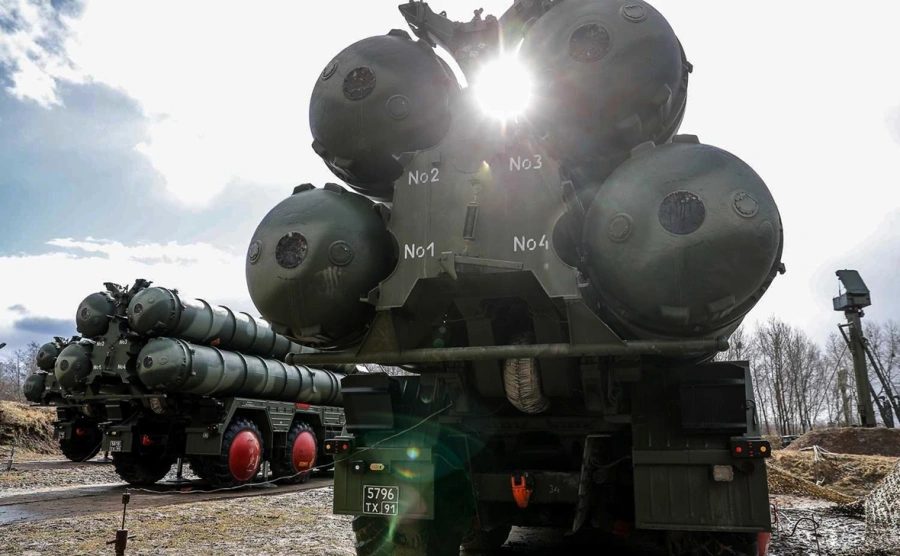Russia has officially abandoned its self‑imposed moratorium on deploying intermediate‑ and short‑range missiles, saying the conditions for maintaining the restraint “no longer exist.”
In a statement, the Foreign Ministry declared that Moscow “no longer considers itself bound by the previously adopted self‑restrictions,” citing what it called the buildup of “destabilizing missile capabilities” by Western countries in regions adjacent to Russia. The ministry warned such developments pose a “direct threat” to national security and could dangerously escalate tensions between nuclear powers.
According to the statement, the Kremlin will take “compensatory military‑technical measures” to preserve strategic balance, with decisions on specifics to be made after assessing the scale of U.S. and allied deployments.
The move follows repeated Russian warnings that it could end the moratorium, particularly after Washington announced plans to station long‑range weapons in Germany by 2026. President Vladimir Putin said last November that Moscow was developing new intermediate‑range missiles in response to U.S. actions. The Foreign Ministry has also suggested Russia could place such missiles in the Asia‑Pacific region.
The 1987 Intermediate‑Range Nuclear Forces (INF) Treaty, signed by the U.S. and Soviet Union, banned ground‑launched ballistic and cruise missiles with ranges between 500 and 5,500 kilometers. By 1991, the two countries had destroyed 2,692 missiles. The U.S. withdrew from the treaty in 2019 after accusing Russia of violating it by developing the 9M729 missile, while Moscow counter‑accused Washington over its Mk‑41 launchers in Eastern Europe.
Now, with the moratorium lifted, Russia is signaling it’s ready to deploy systems once prohibited under the INF — a move that could mark a new chapter in the global missile race.


